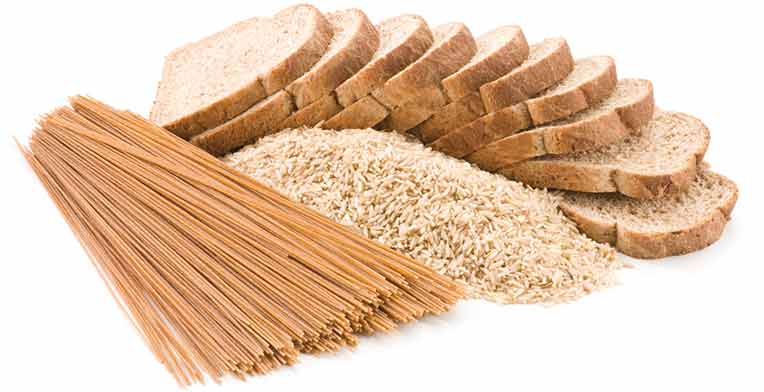
Fibre foods such as leafy vegetables are important in a diabetes diet as it helps slow down the body’s absorption of glucose. However, do note that some sources of fibre, such as beans, whole grains and brown rice, also count as carbohydrates.
What is diabetes?
Diabetes is a serious chronic metabolic disorder characterised by excess glucose (sugar) in the blood. This occurs either because your body doesn’t produce enough insulin or cannot use it properly. Without insulin’s action, cells are unable to absorb and utilise glucose effectively. Harmful glucose levels can then build up in your blood.
Who is at risk of getting diabetes?
Type 2 diabetes (also known as diabetes mellitus) tends to be more frequent in people over the age of 40. Those who are overweight and physically inactive are also at a higher risk.
“The good news is that people with diabetes do not need to go on a special diet. They just need to modify their diet, rather than overhaul it,” says Ms Kala Adaikan, Principal Dietitian, Department of Dietetics, Singapore General Hospital (SGH), a member of the SingHealth group.
Diet tips for people with diabetes
1. Eat the right carbohydrates
![]() Consume more:
Complex carbohydrates (starches) such as wholemeal bread, rice and noodles. They provide more sustainable energy levels and are better for appetite control.
Consume more:
Complex carbohydrates (starches) such as wholemeal bread, rice and noodles. They provide more sustainable energy levels and are better for appetite control.

![]() Consume in moderation: Simple carbohydrates (sugary foods) such as glucose and fructose as they cause a surge in blood sugar levels. Keep them for special occasions.
Consume in moderation: Simple carbohydrates (sugary foods) such as glucose and fructose as they cause a surge in blood sugar levels. Keep them for special occasions.
Important: Although carbohydrates affect blood sugar levels, they should not be taken completely out of your diet. Carbohydrates should provide up to half your energy needs and is a crucial part of any healthy meal plan.
2. Eat more fibre
- Consume leafy vegetables – an excellent source of fibre and reduces spikes in blood sugar levels

- Also, consider beans, whole grains and brown rice – but note that these count as carbohydrates so avoid overeating
3. Take fruit in moderation
The recommended amount of fruit to consume for people with diabetes is two servings daily, preferably not during the same meal. Fruits provide vitamins, minerals and fibre but also contain sugar (simple carbohydrates) so consume them in moderation.
4. Have regular meals
Having regular meals is key to proper diabetes management. Avoid skipping meals to prevent hypoglycaemia (low blood sugar levels). This will help to keep your blood sugar levels stable.
5. Watch for protein foods with carbohydrates
Protein-rich foods like chicken and fish do not contain carbohydrates and so will not raise your blood sugar levels. Choose lean meat and healther cooking options such as steaming and grilling.
Some protein foods such as dairy products and plant-based protein foods like beans, dhal and lentils may contain a combination of protein and carbohydrates. So check the carbohydrate content in such foods before consuming.

Important: Avoid high-protein diets as meats tend to be high in saturated fat and eating too much may increase your risk of heart disease. Protein should account for about 15 to 20 per cent of your daily calorie intake.
Remember, the power to control your blood glucose levels is in your hands. By making smarter food choices and working together with your dietitian, you can take back control of your life.
Stay tuned for more diabetes food tips.
Ref: N18
Contributed by


















 Get it on Google Play
Get it on Google Play